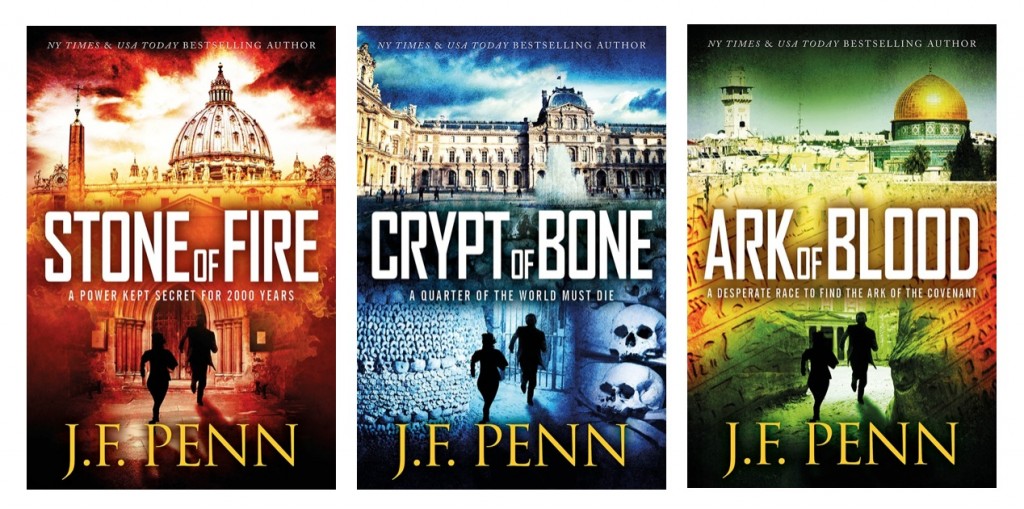This post by Porter Anderson originally appeared on Futurebook on 8/7/15.
Not unlike climate change, it’s something that digital-age writers worry about, but can’t nail down.
I’m not sure what effect the accepting warmth of digital communities has on our literature. I don’t think encouraging people can make bad writing suddenly appeal to the masses. Are the communities going to start getting the same blame that self-publishing used to get all the time? “Because anyone can publish a book, there’s no good writing anymore.”
That’s the author Lara Schiffbauer in a comment on my piece from earlier this week, Digital writing: If only community weren’t so communal. In her comment, Schiffbauer — one of my most faithful readers over the years — talks of her own tour-sans-Virgil through the writerly maze of communities now shuffling around on the ether.
Read the full post on Futurebook.

